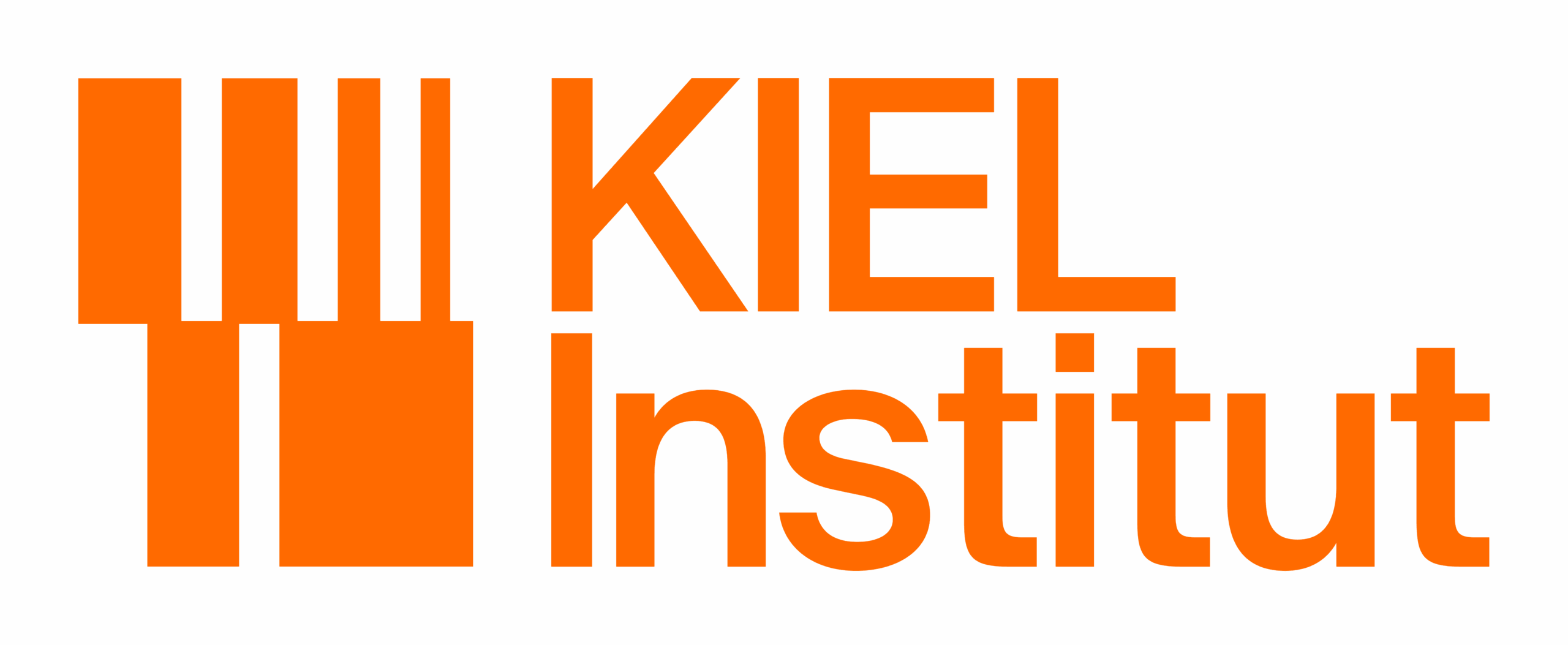Stepping up to the Mark? Firms’ Export Activity and Environmental Innovation in 14 European Countries
7th March 2022

 KCG Projects
KCG Projects


